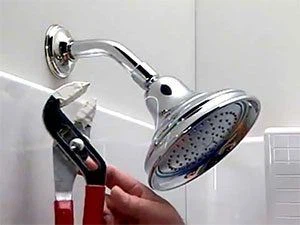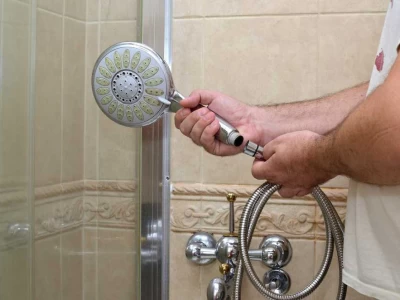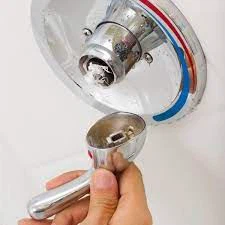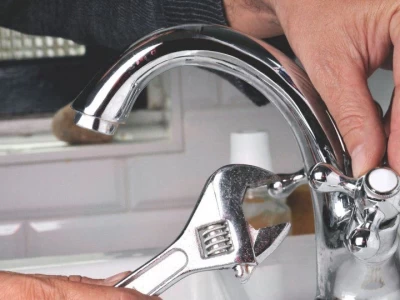Leakage Treatment Of Faucet
In normal life, sometimes you find that the faucet still drips after being tightened, and it drips from the faucet outlet or the joint, which not only causes a lot of waste, but sometimes the sound can also cause certain troubles. In fact, the structure of the faucet is very simple. You can repair the leakage by yourself. Generally speaking, you only need to replace the axial gasket or triangular gasket inside the faucet with gasket-like parts. has been solved. However, the main water tap in the house must be turned off before the renovation.
Regarding the repair of water leakage at the faucet joint, the cause of the water leakage is nothing more than damage to the water-stop tape on the faucet part (fixing screw). Therefore, just use a wrench to remove the faucet and re-roll the new water-stop tape where the screw is fixed. The following are the maintenance steps: First, tighten the faucet first, and use a wrench to turn the faucet counterclockwise. Turn to remove. Second, turn the threaded hole outwards, and roll the threaded part clockwise with wind-printed tape 5-6 times.
Check whether the faucet has been adjusted and bolted clockwise with the water bolt wrench. After the final installation, turn on the main switch and try to see if there is still water leakage.
Even if the faucet is fastened tightly, the reasons for still leaking:
1. The reason for the leakage of the water outlet: it is caused by the wear of the axial gasket in the faucet. Use pliers to loosen and remove the gland, use a clamp to remove the shaft gasket, and replace it with a new shaft gasket.
2. The cause of water leakage in the gap under the faucet bolt: it is caused by the wear of the triangular gasket in the gland. You can loosen the screw to remove the bolt head, then loosen and remove the gland, then take out the triangular gasket inside the gland and replace it with a new one.
3. Water leakage at the joint of the connecting pipe: Generally, the cap nut is loose. At this time, you can re-tighten the cap nut or replace with a new U-shaped gasket.
If you find that there is less water in the faucet, it may be leaking because the water-stop disk of the single-lance faucet is stuck with sand and gravel. For this phenomenon, you should ask a professional repairer to disassemble the faucet and clean it, but if the rubber pad is damaged, it must be replaced. Generally speaking, the correct use of the faucet means not to rotate the faucet too tightly, so that the rubber pad of the faucet can maintain a life span of 7 or 8 years. However, the hot water part of the faucet tends to reduce its life due to thermal expansion and contraction. Therefore, it is usually recommended that the hot and cold rubber pads should be replaced regularly at the same time.











